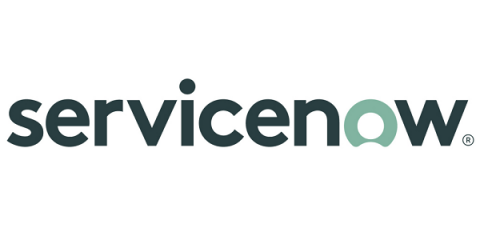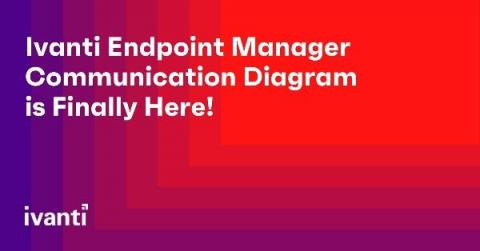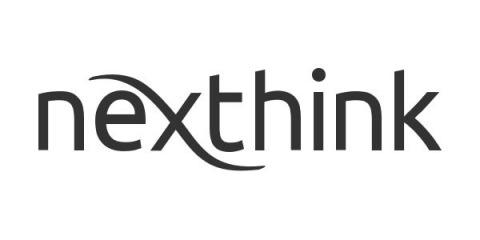Business Automation Workflow (How To Implement)
Have you established a business automation workflow? If you’re committed to running an efficient operation that fires on all cylinders, you should be embracing automation at every level of your workflow. Automation is no longer the future - it’s here now. Failing to make use of workflow automation tools will leave your business running at a disadvantage. The inefficiencies of not utilizing a business automation workflow are costing organizations 20-30% of their annual revenue.









